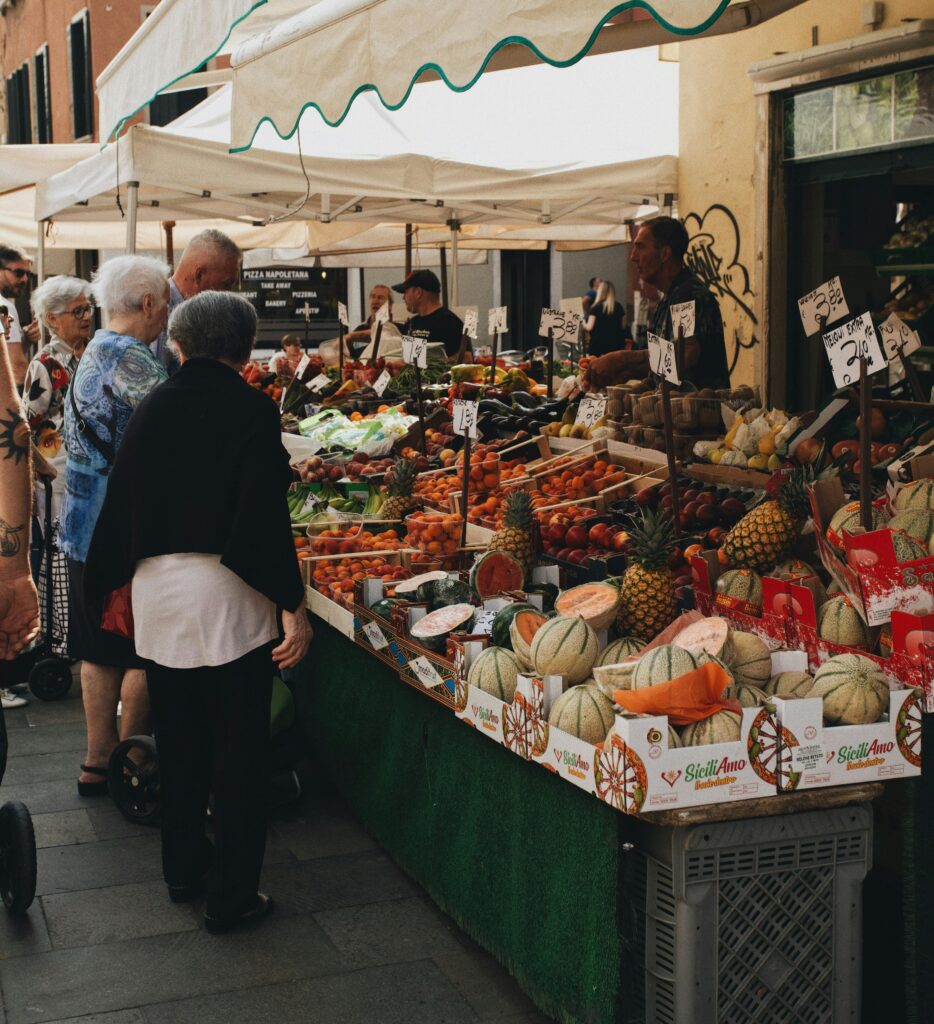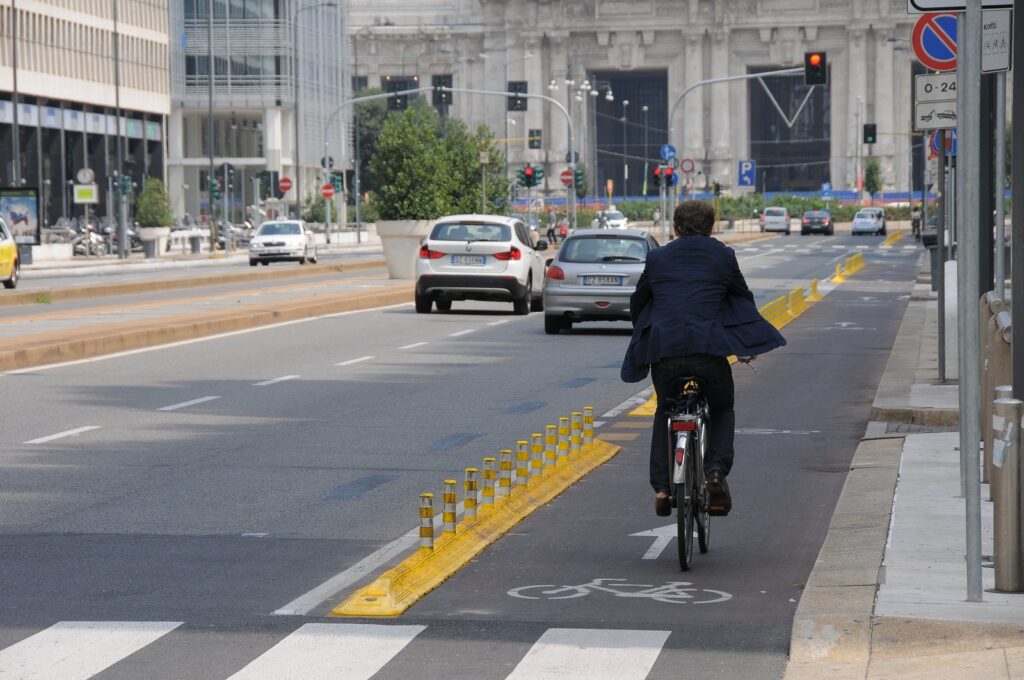Milan and the "Forum Economia Urbana 2024"
There are several stimuli and reflections that we take home from the Forum Economia Urbana 2024, a three-day event and debate (Feb. 15-17) organized by the City of Milan on the theme of the Proximity Economy, which we also joined as curious spectators in Green Growth Generation.

What is the Proximity Economy?
The reference is to the set of activities, economic, social, and cultural, that define and enliven the streets and neighborhoods of our cities. Artisan workshops, local farmers’ markets, consumer cooperatives, neighborhood stores and cultural spaces: an authentic urban ecosystem which contributes not only to strengthening the identity of local communities, but also arouses a deep and sincere sense of belonging among its inhabitants. It is precisely the great challenges of today-poverty, social inequality, climate change-. to force us to bring the concept of the Proximity Economy back to the center.
The economy of us: cooperation, social entrepreneurship, proximity.
Within the proximity economy, a very strong link between the producer and the consumer emerges. We refer to an economic model that also and above all thinks in terms of social cooperation.
For a perpetually evolving metropolis such as Milan, it will be increasingly crucial to learn how to design urban spaces while considering the challenges of environmental sustainability, while fostering the employment inclusion of the most vulnerable. Strategic is the role played by the Third Sector: nonprofit organizations, foundations, social enterprises, cooperatives and cultural centers can all contribute to a new way of doing business.


Markets and territories: between traditions and new models.
Neighborhood markets, both covered and street markets, are among the favorite shopping places for the Milanese. It is a direct service, empathetic to the needs and specifics of each consumer, who often prefers to turn to the market because of the proven product quality (reinforced by the widespread and widespread presence of these facilities throughout the territory).
It is also necessary to be able to keep up with the times, anticipating emerging trends in demand:attention to the environment, which translates into the recovery of surpluses with a view to anti-waste and circularity, and to working conditions within the food supply chain.
A direct advice to urban planners is presented here: consider urban reorganization with the inclusion of dedicated space for street markets. The return will not be solely economic, as these places traditionally become attractive centers for culture and social interactions.
MPMI and young people, a successful combination
The survival of the neighborhood economy depends on the transmission of its knowledge through successive generations. A need that also reflects the world of MPMIs (Micro Small and Medium Enterprises) and the Third Sector.
Young people today pay a lot of attention to the social and environmental dimension in the workplace: it is up to companies to succeed in intercepting these needs, also interacting more with the world of the Third Sector, which by its very nature is close to certain sensitivities.


Work is increasingly seen as an expression of individual identity, a playground where one can realize one’s aspirations, free to make mistakes and learn from them. Companies and nonprofit entities must know how to broaden their horizons, recognizing each individual’s sensitivities and inclinations.
Because it is from the diversity of experiences and perspectives among generations that fertile ground for innovation and creativity is generated.
A final comment
During the three-day forum, the importance of the participatory and multi-stakeholder approach to addressing the needs of the community was highlighted several timeswhich are increasingly complex and diverse.
Green Growth Generation possesses this vocation by nature, developing projects, initiatives and collaborations that integrate expertise from the worlds of business, art and academic research.
Relating with young people also means having a dialogue around disruptive ideas and proposals: in fact,Green Growth has developed a specific coaching and mentoring program aimed at entrepreneurs and startups that aim to implement projects with high social impact.
We are convinced that the younger generation is the beacon for steering our economic system to more sustainable shores. It is up to us – Businesses, SMEs, Third Sector entities – to accelerate this transition.

